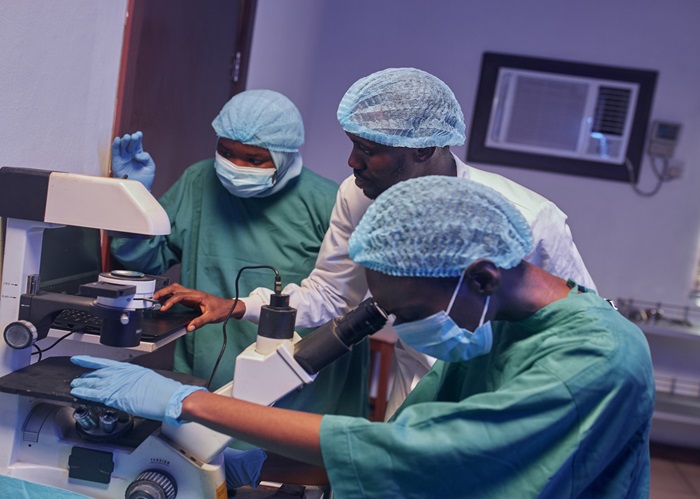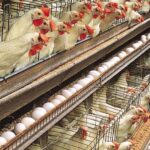Each year, more than 150,000 infants in Nigeria are born with sickle cell disorders in what has become the highest tally globally. Many struggle with access to care and education, worsening the crisis.
Although awareness campaigns have improved newborn screening, many people living with the disease still struggle to secure stable employment due to frequent medical crises and societal prejudices.
To tackle this imbalance, projects like CrimsonBow are working to bridge the gap by creating sustainable lines to independence through vocational training and microgrants.
At a recent programme in Lagos, themed “Do It Afraid: Breaking Limits and Building Dreams,” the organisation catered to more than 300 people with sickle cell disorders. Beneficiaries received items such as catering kits, sewing machines and hairdressing tools
At the core of the initiative was a message: that individuals with sickle cell can look beyond pain, stigma, and physical limitations to lead substantial, self-supporting lives.
A lifeline for those with sickle cell
Over the years, CrimsonBow has evolved to become one of Nigeria’s leading community-based responses to sickle-cell disorder, which affects an estimated 4 million people nationwide.
Through its Project Empower A Warrior, the organisation has provided training and business grants to help participants become financially independent.
Beyond physical empowerment, the event provided the opportunity for emotional healing and mutual support. Men and women spoke about survival, chronic illness, and the resolve to move ahead.
Emotional and economic support
CrimsonBow’s model combines financial aid with psychological and social empowerment.
Since its inception, the organisation has so far supported vulnerable people living with the disorder, offering not only tools and training but also mental health support and advocacy to reduce discrimination in workplaces and schools.
The approach is also drawing inspiration from other community-driven models. Organisations such as the Sickle Cell Aid Foundation, or SCAF, and the Sickle Cell Advocacy and Management Initiative, or SAMI, operate similar empowerment programmes, such as vocational grants, health education, and advocacy skills training.
Together, these initiatives represent a growing ecosystem of grassroots solutions improving both quality of life and general awareness about the disorder among the public.
While these grassroots initiatives are transforming lives, advocates stress that the government and the private sector ensure that individuals with sickle cell disorder are included in social welfare programmes and economic empowerment programmes.
Access to affordable healthcare, regular checkups, and flexible work policies still forms the basis of enhancing their long-term survival.
In a nation where health crises tend to overshadow human potential, CrimsonBow’s project is a reminder that resilience is where opportunity meets empathy.
Summary not available at this time.






